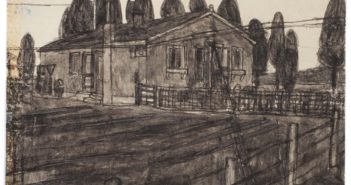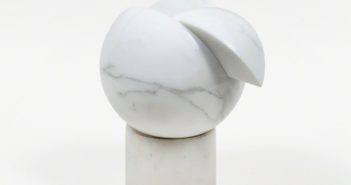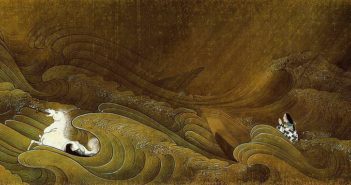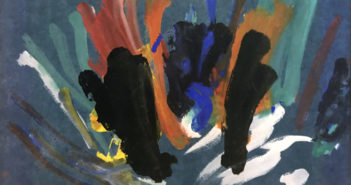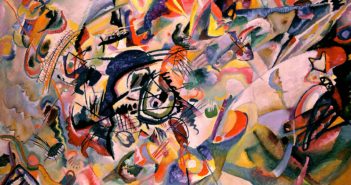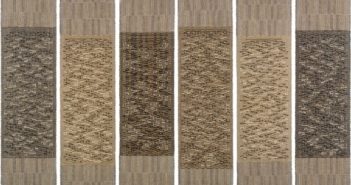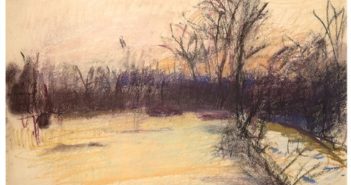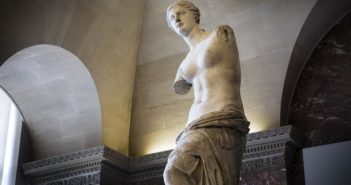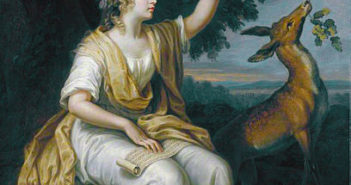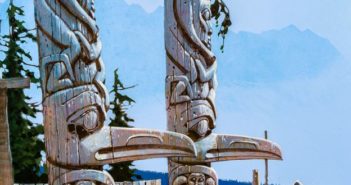
When my husband, Peter, attended his first Genn family gathering, he was delighted to find that after the meal everyone scattered to their respective rooms for what our family fondly and only half-jokingly calls, “quiet period.” No communal digestion, no idle chatter, no one’s company sought. Within minutes, everyone was under the covers in their own bed with a book or writing tool. Quiet period is when you get to go to your room to work on that thing you’re quietly working on.

